Over the years, the WHO has proposed an integrated approach to NTD management as funding keeps dwindling. The cost of sustaining individual NTD programmes is rising while the competition for securing funds is also getting keener. Currently, NTDs are underfunded with no ongoing active case search without sustainable capacity-building efforts.
We aim to develop an operational research agenda that contributes to addressing gaps relating to the control, elimination, and eradication of skin NTDs in the country. This will be achieved with a set of activities:
Activity 1: Organize a training workshop for health workers from the districts and other relevant facilities in disease hotspots to identify gaps in Skin-NTDs control, elimination, and eradication to help develop an operational research plan to address them.
Activity 2: Propose and implement innovative strategies to enhance and sustain case detection in selected districts to help understand the extent of the under-reporting of cases.
We will train health workers and implement case detection for Skin-NTDs in seven districts in Ghana. The targeted districts are Sekyere East District, Ahafo Ano North district, Asutifi (North & South) districts, Asunafo South District, Ga South, and Ga West Districts. The training aspect will include a workshop for stakeholders to develop operational research agenda for Skin-NTDs. The Skin-NTDs that will be of most interest include Yaws, Buruli ulcer, Leprosy, and Scabies. CBSVs and health workers will be trained before the case search. We will implement three main innovative strategies which include testing the diagnostic accuracy of the Buruli ulcer clinical scoring checklist, implementation of the DHIS2 platform, and use of telecommunication technology to improve patient care.
Expected outcome/Impact
• Evidence provided on the impact of active and passive case search on case identification
• Profile of Skin-NTDs in these selected districts determined will provide insight into
the endemicity of these diseases in these communities post COVID19
• Evidence-based feedback on Skin-NTDs will be provided especially on those that
need attention in line with the WHO Road Map 2030
• Impact of training on improved care for NTDs established
• Maps will be generated from skin NTD endemic areas
This project is sponsored by the World Health Organization (WHO).
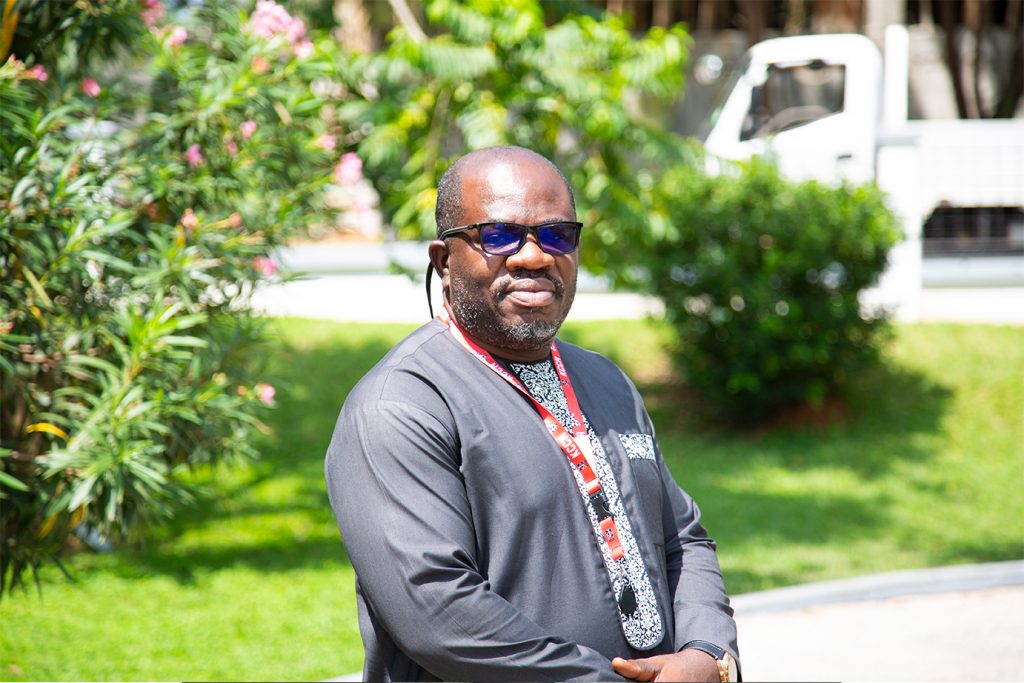
Team Coordinator
Dr Yaw Ampem Amoako
Phone: +23324 4858075
E-Mail: y.amoako@kccr.de
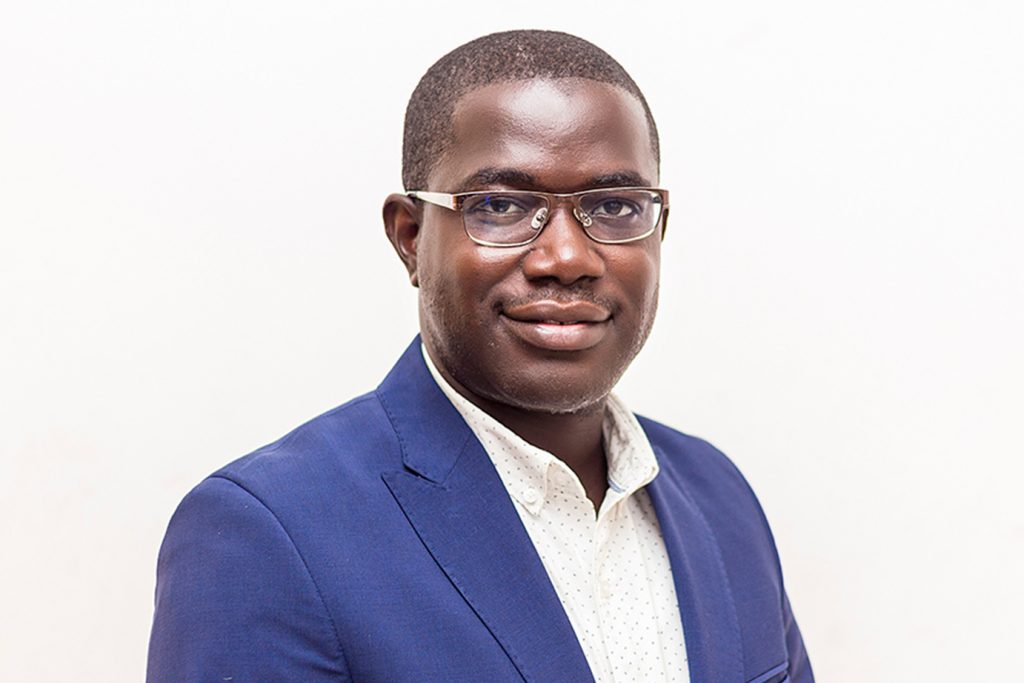
Senior Research Fellow
Dr. Micheal Frimpong
Phone:
E-Mail: mfrimpong28@gmail.com
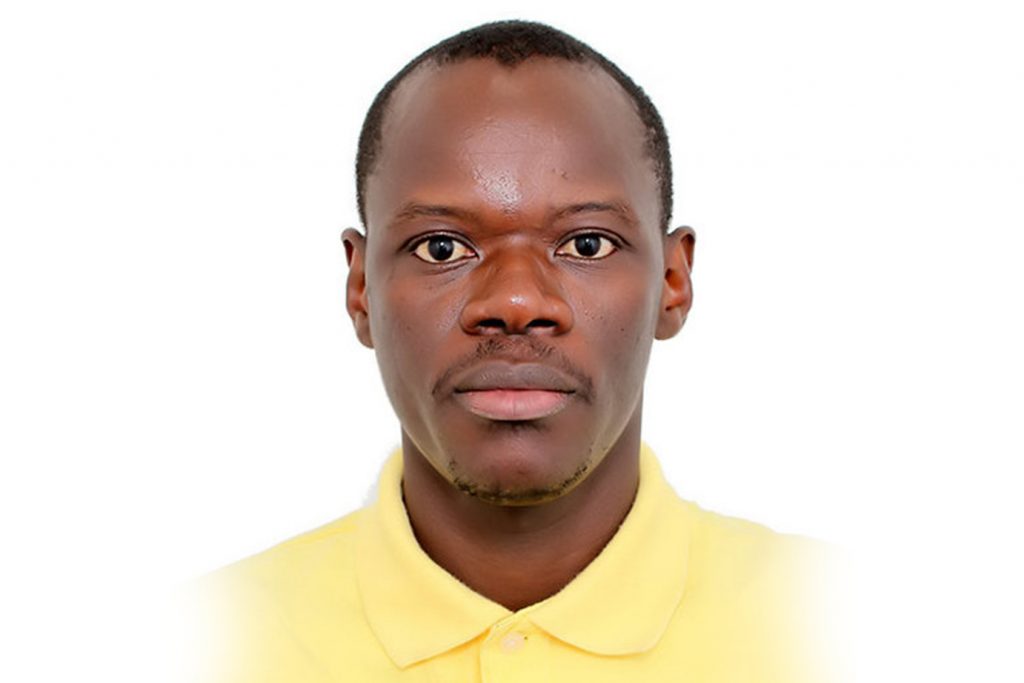
Health Economist
Dr Jacob Novignon
Phone: +233 24 258 6462
E-Mail: jnovignon@gmail.com

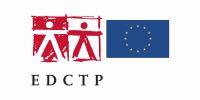

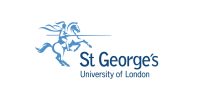
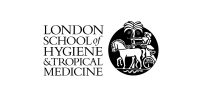
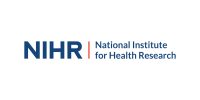
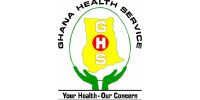
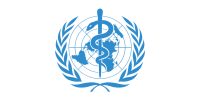
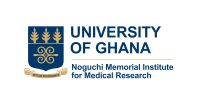
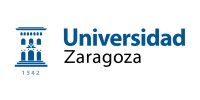
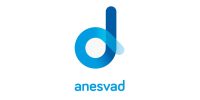

South-end Asuogya Road,
KNUST, Kumasi
Ghana
GPS: AK-312-1059
Monday – Friday
8am – 5pm
Monday – Sunday
8am – 5pm
KUMASI CENTRE FOR COLLABORATIVE RESEARCH IN TROPICAL MEDICINE
Copyright © 2026. All rights reserved